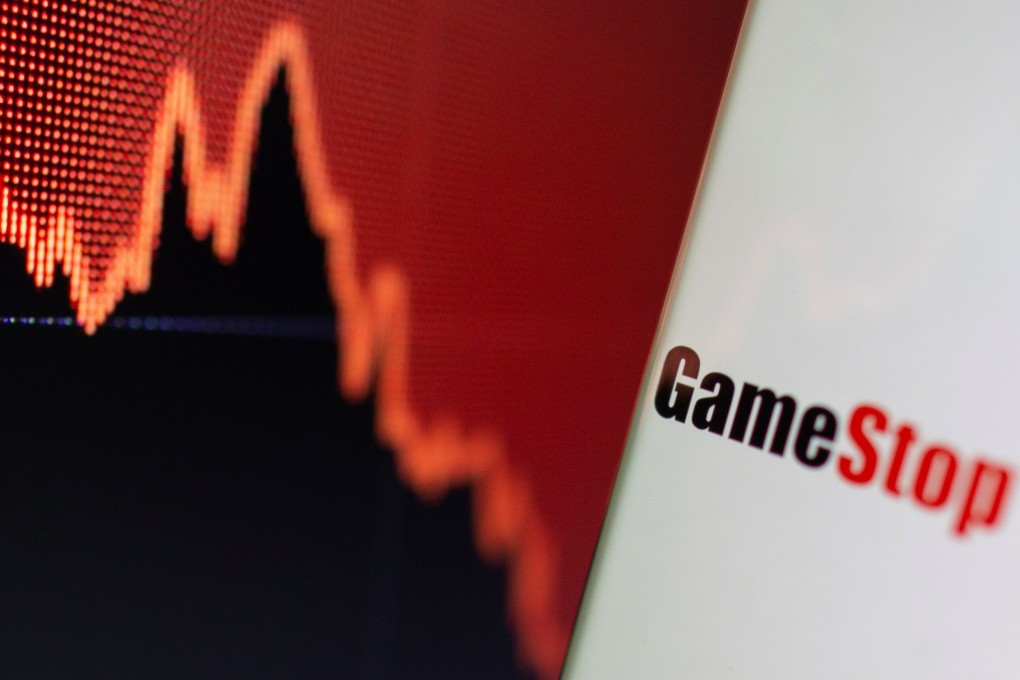WallStreetBets and GameStop saga reveals the cultural power of social media
- The self-reinforcing nature of discussions within Reddit groups and other platforms leads users to eventually tune out dissident opinions and throw their weight behind conformist ones in search of acceptance from their online community

As a long-time member of this group, I can say with some certainty that the development of mass retail investor interest in GameStop is a cultural story, rather than a financial one, about the power of social media. (Full disclosure: I have not purchased any GameStop shares).
The first chapter of the GameStop saga began in late 2019. During this time, due diligence posts began to trickle in, offering arguments about why GameStop – an old-school, bricks-and-mortar retail outlet for video games – was undervalued.
Posts by one particular user, now known to be Keith Gill, stood out when he backed his idea with proof of a sizeable purchase of GameStop shares. More than the due diligence, it was his “GME YOLO update (You Only Live Once)” – taken to mean an investment using a large proportion of one’s life savings – that really drew interest.
However, members continued to look elsewhere for investments too and the stock price continued its five-year decline to around US$3 to US$5.

03:04
Sony PlayStation 5 goes on sale in Hong Kong, but most gamers need to pay double to get one
